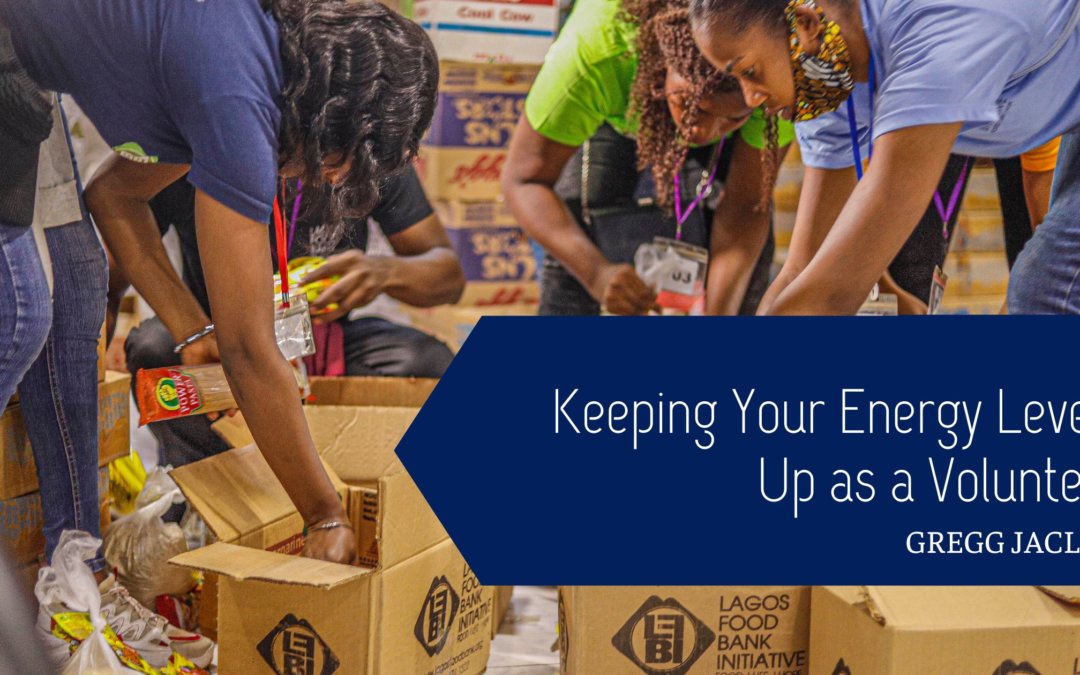In times when nonprofits are understaffed or overworked, volunteers are vital. Unfortunately, many volunteers become discouraged and need help to enjoy their work. This is called Volunteer Burnout. It’s critical to take action to prevent this from happening.
Why Worry about Burnout
Awareness of the signs of volunteer burnout is vital for individuals and the organizations that rely on them. It can affect the organization’s operations and its volunteers’ productivity.
Besides being a vital part of an organization, volunteers also play a significant role in the group’s operations. If they feel unprepared to handle their duties, their colleagues might not support the organization.
Some volunteers become disillusioned with their work due to poor management, resenting their managers and creating a toxic work environment.
Warning Signs
The term burnout refers to a state of exhaustion and detachment that can be triggered by stress. It can also identify individuals who are feeling inadequate and uninspired. Knowing the signs of burnout is very important to prevent it from happening.
Symptoms of burnout include loss of enjoyment, irritability, and negativity. It can be triggered by the lack of transparency regarding one’s feelings.
If a volunteer starts to talk about how they’re feeling overwhelmed by their work, this could indicate they need to feel better equipped to deal with their current situation.
If a volunteer begins feeling exhausted, ineffective, or hopeless, the organization must address the issue immediately.
What to Do
While it’s essential to monitor the behavior of volunteers, it’s also vital that the managers and volunteers have a strong working relationship. This can help prevent burnout.
Before a person signs up to volunteer, they should be honest about their role and expectations for the organization. This is especially important for groups that have to deal with emotionally demanding work. It’s also crucial to note that an individual’s expectations may not be met if they have limited opportunities to interact with animals.
Before signing up to volunteer, volunteers should undergo training sessions to ensure they’re ready to handle the tasks and responsibilities of their new role. Potential volunteers should consider their volunteer opportunity’s scope before accepting it.
One of the most effective ways to prevent burnout is to regularly check in with the volunteers to see how they’re doing. If they feel that they’re getting burned out by the same type of work they’ve been doing, then it might be time for them to shift their focus.
It’s also important to be flexible when it comes to volunteering. Since life can get in the way of making commitments, volunteers must have clear guidelines on handling situations when they’re unable to complete their tasks.
Volunteers give their all to make a difference in the world, and they must understand the impact that they’re making. Although it can be hard to see the benefits immediately, it’s essential to share the story of your work so that other volunteers can understand how it contributes to the mission.
Awareness is Key
Overlooking volunteers can lead to burnout. It’s essential to make sure that the people involved in your organization are aware of the signs so they can help with prevention. A clear understanding of what it is and how to address its effects can help keep the volunteers on track.

